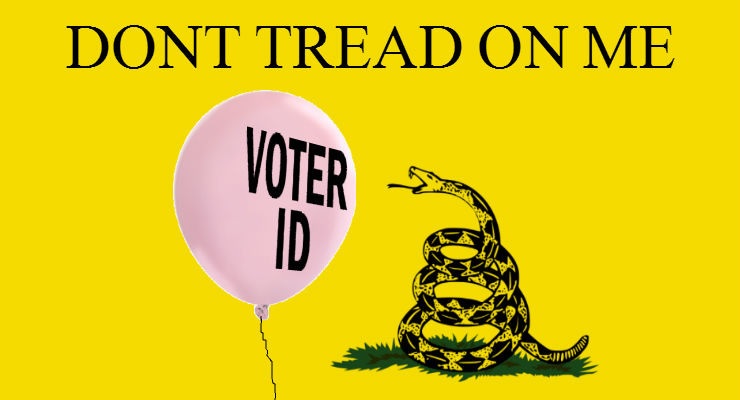
The latest news comes from a really interesting article by Robert Brischetto, Ph.D., a former executive director of the San Antonio-based Southwest Voter Research Institute and a sociology professor at Trinity University, who was writing for San Antonio Express-News:
Sometimes numbers don’t speak for themselves. That was the case in the attempt by Republican state leaders to show massive voter fraud exists in Texas.
In late January, acting secretary of state David Whitley sent lists of almost 100,000 registered voters suspected of being noncitizens to county elections offices, including 58,000 who had cast ballots in Texas elections. He asked the local election administrators to request that voters on the list prove their citizenship within 30 days or have their registrations cancelled.
The Texas attorney general immediately tweeted a “VOTER FRAUD ALERT” that “approx. 95,000 individuals identified by the DPS as non-U.S. citizens have a matching registration record in TX.” President Trump with his own tweet: “The numbers are just the tip of the iceberg. All over the country, especially in California, voter fraud is rampant. Must be stopped. Strong Voter ID!”
In the full report, found here, Brischetto goes on to explore the dangerous way that the actual facts were distorted to come up with the outrageous and dangerous accusation of fraud the Texas attorney general made. It seems willful ignorance is the attorney general’s excuse so far. This is only the most recent voter fraud controversy that has led to exaggerated claims about non citizens voting as Democracy Chronicles readers know well.
The Brennan Center for Justice published last May a 34-page must read report titled, Purges: A Growing Threat To The Right To Vote, that explains what’s behind the rush to find large numbers of non-citizens voting. The conclusion: it is largely a political scare tactic to enact voter purges.
The report was co-written by four expert authors from the Brennan Center including Jonathan Brater, Kevin Morris, Myrna Pérez, and Christopher Deluzio and exposes how, in effect, the system is denying citizens their right to vote. The report looks at what happens when voters head to the polls and end up not voting due to the absence of their names on the voter’s registration list.
The total number of 16 million citizens who could not vote just within two years that is 2014 to 2016 could be as a result of death, change of residence, criminal conviction and many others. But there are worrying signs that there is abuse of rights going on according the Brennan Center:
Most disturbingly, our research suggests great cause for concern that the Supreme Court’s 2013 decision in Shelby County v. Holder (which ended federal “preclearance,” a Voting Rights Act provision that was enacted to apply extra scrutiny to jurisdictions with a history of racial discrimination) has had a profound and negative impact:
The report goes through a long and detailed analysis comparing the voter purge rate of recent to that of past years. Their data clearly shows that the voter purge rate has increased dramatically in recent years. The introductory section of the report covers the tragedy of voters going to the polls with the full intention of having their opinion respected but finding out their names have been taken off the system for one reason or another. According to that introduction:
We found that between 2014 and 2016, states removed almost 16 million voters from the rolls, and every state in the country can and should do more to protect voters from improper purges.2 Almost 4 million more names were purged from the rolls between 2014 and 2016 than between 2006 and 2008.3 This growth in the number of removed voters represented an increase of 33 percent — far outstripping growth in both total registered voters (18 percent) and total population (6 percent).
The voter purge rate is so high today that there is a true risk to democracy. The report also offers solutions to the crisis, proposing that voter rolls should be kept highly accurate and ensuring voters have mechanisms to protect them from wrongful wrong purges. Will we listen?
Leave a Reply